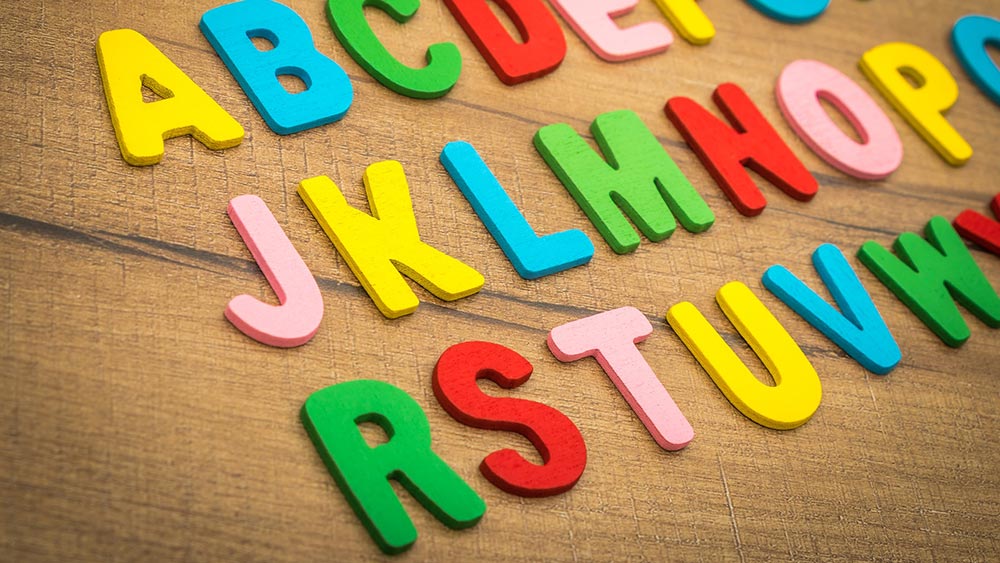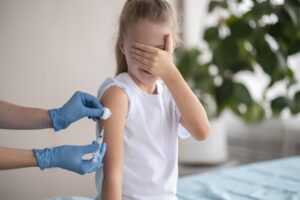What is speech therapy?
Speech therapy is a medical-therapeutic discipline that deals with impairments of speech, language, breathing and swallowing, voice and hearing. Speech therapists work independently and are active in the fields of prevention, counselling, diagnostics, therapy and research.
They are qualified to examine and diagnose people of all ages with deficits and disorders in the verbal and non-verbal areas and work with patients to create individualised goals, according to which a suitable therapy plan is then drawn up.
Investigation and diagnosis
Using standardized examination methods and clinical observations, delays and malfunctions are established and diagnoses are issued. On the basis of this, therapy plans are created, which often require the integration of other professional profiles.
When is speech therapy needed?
A child's language development should be complete by the age of around 5. If your child has a vocabulary of less than 50 words at the age of 2 and/or does not yet speak two-word sentences (e.g. "car there"), they are said to have a language development delay (or "late talkers"). This includes 13-20% of all children.
Half of them catch up again during their 3rd year of life. If your child starts to speak very late or not at all, there is a risk of a language development disorder. This can affect language comprehension, vocabulary, pronunciation and/or grammar. We speak of orofacial dysfunction (= myofunctional disorder) when there are muscular and sensory abnormalities in the muscles of the face and mouth and the movement sequences when speaking, swallowing, breathing and at rest deviate from the norm.
Focus (child therapy)
- Language and speech development
- Articulation disorder
- Speech development delay
- Language development disorder
- Verbal development dyspraxia (VED)
- Swallowing and mouth functions
- Orofacial dysfunction
Possible symptoms (e.g. taken from Logopädie Austria)
- Limited active vocabulary (less than 50 words at the age of 2)
- Problems in grammar development (no 2-word combinations at the age of 2, no second placement in the main clause from 2 ½ years)
- Problems pronouncing sounds
- Problems in understanding language: children do not respond or respond incorrectly to prompts
- Problems with telling and later writing stories / texts
- Hardly any eye contact
- Do not come into contact with other children
- No lip closure, or breathing through the mouth
- Increased salivation
- Deficits in sucking, biting, chewing or swallowing (difficult food intake)
- a different resting position of the tongue
- a long-lasting sucking habit



